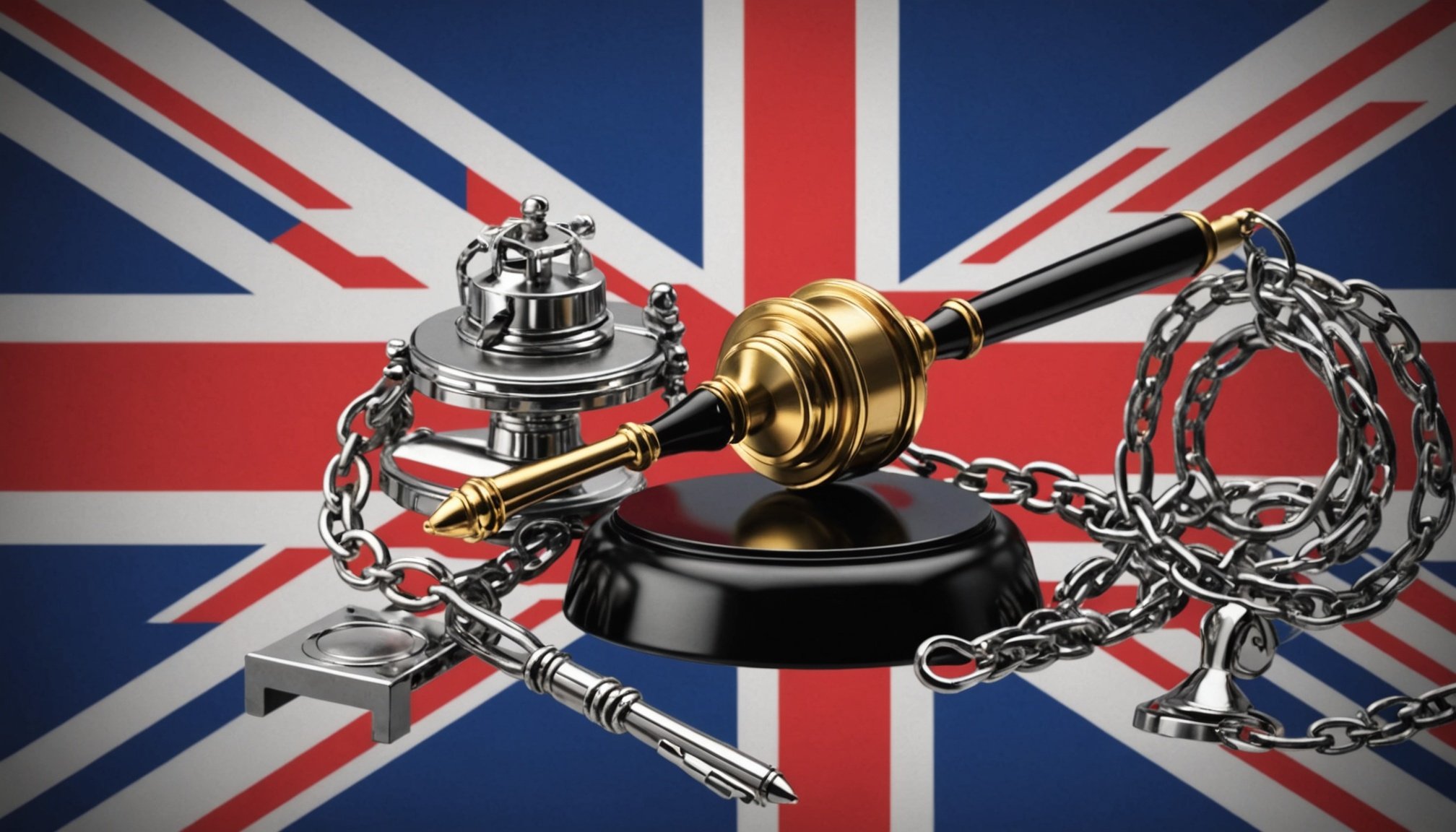Overview of UK Data Protection Laws
Navigating UK data protection laws involves understanding the General Data Protection Regulation (GDPR) and its implementation within the UK through the Data Protection Act 2018. The GDPR, though a European Union regulation, remains pivotal in the UK’s legal framework even post-Brexit. It ensures data is processed fairly, transparently, and lawfully, while safeguarding individual rights.
At the heart of UK data protection is GDPR compliance, which is underpinned by several key principles. These include lawfulness, fairness, and transparency; data minimisation; and accuracy. Each principle plays a significant role in protecting personal data and ensuring that individuals’ rights are respected.
Also read : Crucial legal insights for uk businesses aiming to launch a successful crowdfunding campaign
For organisations, two critical roles exist under this system: data processors and data controllers. Data controllers decide the purpose and manner in which any personal data is processed, whereas data processors handle data on behalf of controllers. Both have distinct legal obligations. For instance, they must implement appropriate technical measures to ensure data security and are required to maintain records of processing activities.
Thus, achieving GDPR compliance within UK data protection laws means not only adhering to these principles but also fulfilling the explicit duties imposed on those handling personal data. Understanding these obligations is vital for all entities aiming to mitigate risks and maintain public trust.
Also to discover : Navigating internal audits: essential legal insights for uk businesses – a comprehensive step-by-step guide
Strategies for Ensuring Compliance with Third-Party Data Processors
Ensuring compliance when you engage third-party processors is essential for protecting data security. Companies must implement effective strategies to mitigate risk and ensure data security.
Conducting Due Diligence
Due diligence plays a crucial role in selecting data processors. The process should include an assessment of the third-party’s security measures, compliance history, and their overall reputation. Consider creating a checklist for evaluating potential partners to ensure a comprehensive review. Key factors to evaluate include data protection abilities, compliance with regulations, and incident management processes. This can offer invaluable insights into their capability to safely manage your data.
Establishing Robust Contracts and Agreements
Contracts with data processors should include critical clauses that detail security requirements and roles. Data Processing Agreements (DPAs) outline specific obligations and responsibilities. These agreements are vital tools for ensuring legal compliance, setting expectations, and outlining enforcement methods. Non-compliance with contract terms can lead to significant legal repercussions, highlighting the importance of a well-crafted DPA.
Monitoring and Auditing Compliance
For successful ongoing monitoring, maintain clear communication with your third-party processors. Establishing an audit framework allows you to verify compliance regularly. Determine the frequency and methodologies for these audits, ensuring they are thorough and consistent. This routine evaluation of compliance helps ensure that data is managed according to the required security and regulatory standards.
Case Studies and Real-World Examples
Exploring compliance examples through detailed case studies can provide valuable insights into successful strategies across various industries. Companies that have excelled in managing compliance demonstrate a deep understanding of their industry’s best practices.
One example is the financial sector, where robust security mechanisms and stringent audit processes are critical. Leading institutions implement rigorous data protection, ensuring sensitive information is both safeguarded and retained in accordance with relevant regulations. These practices are crucial in maintaining customer trust and avoiding costly breaches.
Conversely, delving into lessons learned from failures reveals common pitfalls in third-party data processing. Mismanagement and insufficient vetting of vendors often lead to compliance breaches. Companies learned that ensuring third parties adhere to the same security standards can prevent such failures. Transparent communication and regular audits can effectively mitigate risks.
Certain organizations showcase exemplary compliance frameworks. Notably, tech giants often lead by example, investing heavily in cutting-edge security technologies and comprehensive training programs. This proactive approach ensures that compliance is not merely a legal requirement but a fundamental component of corporate culture.
Industry best practices emphasize adapting to evolving regulations while maintaining a balance between business operations and legal obligations. Understanding these real-world scenarios equips businesses with the knowledge to develop robust compliance strategies that align with current standards.
Recent Legal Trends and Developments
In the rapidly evolving landscape of legal trends, understanding recent data protection updates and regulatory changes is vital. The UK has experienced substantial shifts in data protection regulations, mainly influenced by Brexit. The General Data Protection Regulation (GDPR) was once a keystone for data processing; however, post-Brexit amendments have altered compliance requirements. Companies now must adhere to the UK-GDPR, which retains much of the original GDPR framework but introduces specific adjustments impacting data transfer protocols and consent mechanisms.
Brexit has significantly influenced data processing standards. For instance, organisations must now navigate both EU and UK data protection laws if they operate across borders. This dual compliance can present challenges, but staying informed about regulatory changes ensures businesses remain compliant.
The landscape of data privacy litigation is also shifting. Increased scrutiny from regulatory bodies is leading to a rise in enforcement actions. Companies failing to comply face not only financial penalties but also reputational damage. Emerging trends suggest a heightened focus on transparency and accountability, with enforcement agencies keen to address inadequacies in data handling practices. These developments underscore the importance of businesses implementing robust data protection measures and staying abreast of ongoing legal trends to mitigate risks and maintain consumer trust.
Actionable Recommendations for Businesses
Businesses navigating the complex landscape of data protection can benefit significantly from actionable recommendations. The first pivotal step is developing a comprehensive compliance checklist. This checklist serves as a structured guide to managing data responsibly and includes several critical actions:
- Assess current data practices and identify potential compliance gaps.
- Engage in a thorough data processor evaluation, ensuring they adhere to necessary compliance standards and practices.
Once these initial steps are complete, regular reviews and updates of the checklist are essential to accommodate evolving regulations and technologies.
A detailed step-by-step guide can intensely assist businesses in ensuring compliance. Initially, reviewing all data management processes reveals areas requiring attention. Moreover, evaluating data processors remains crucial. This ensures that third-party services align with your company’s legal and ethical standards.
Furthermore, adopting practices for continuous improvement in data protection helps maintain high standards of data integrity and security. This might involve:
- Regular training sessions for staff to understand data protection obligations.
- Frequent audits to verify that both internal and external processes comply with policies and regulations.
Implementing these actionable recommendations not only ensures compliance but also strengthens trust with customers and partners by demonstrating a strong commitment to data protection.











